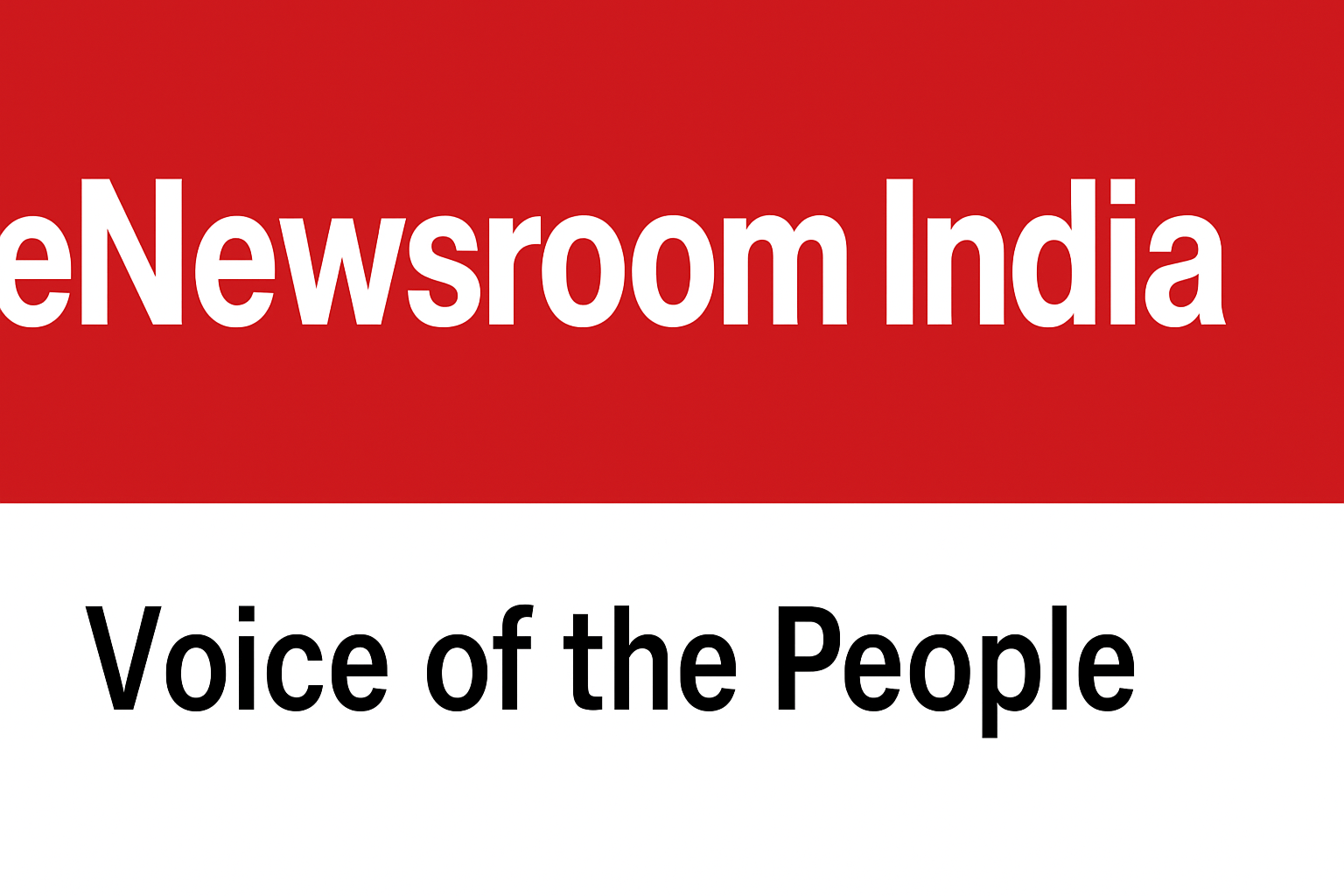Film star Dharmendra lived a full and complete life. He was unapologetically himself—a man with a golden heart who loved fellow human beings and always spread the message of love. As an actor, some of his most iconic films came during the black-and-white era. He idolised Dilip Kumar and ultimately became like family to him. Anytime, anywhere, Dharmendra would speak passionately about his love and admiration for Dilip Kumar.
His journey began with Dil Bhi Tera Hum Bhi Tere, and he acted in some of the most fascinating films of his time. Shola Aur Shabnam, Anpadh, Ayi Milan Ki Bela, Haqeeqat, Purnima, Kajal, Mamta, Devar, Baharen Phir Ayengi, Aaye Din Bahar Ke, and Mere Humdum Mere Dost gave us unforgettable songs and stories. Later, he showcased his extraordinary range in films like Satyakam, Anupama, Chupke Chupke, Phool Aur Patthar, Guddi and many others. Frankly, he was a people’s hero—immensely popular among rural audiences.
Dharmendra was never considered a “great actor” in the traditional critical sense, though his cinematic appeal as a star was far greater. Along with Hema Malini, they formed one of cinema’s most loved couples. Yet Dharmendra rarely leaned on this laurel—he was his own man who lived his life on his own terms.
Dharmendra: The People’s Hero With a Golden Heart
He was not a political person but joined the BJP and became its MP from Bikaner. He rarely attended Parliament and became one of the least-performing MPs—still better than his son Sunny Deol. But unlike some of his children, Dharmendra never turned fanatic. He was, at heart, a romantic who loved Urdu poetry, ghazals, and shayari. He never pretended to be someone he wasn’t and remained unfiltered all his life. He enjoyed his whisky and openly admitted it; he always spoke straight from the heart.
Dharmendra enjoyed his life and leaves behind a big, successful legacy. He gave us some of the most beautiful films. We remember him as a great star who loved life and loved people.
A Star Who Stayed Rooted Even After Politics
I have said it many times and will say it again: Don’t depend on film stars for your political thinking. If you love someone for their art, then love them for that. We admire their acting or singing. We have not yet reached a stage where our film stars can consistently speak meaningfully on public issues—they depend far too much on state patronage. If a government changes at the Centre, some stars suddenly become liberal and secular. It is always better for film stars to focus on their work rather than preach to us.
Dharmendra, though he briefly joined politics, realised the mistake and returned to his roots. In an industry filled with artificial people—who pretend to know things or pretend not to know them—Dharmendra was different. He remained close to his Punjabi roots and felt immensely proud of them. There is another man who left politics but remains a bigger politician than anyone else; I don’t need to take his name.
Dharmendra entertained us and gave us some of the most outstanding films to watch. A big salute to his cinematic legacy.


